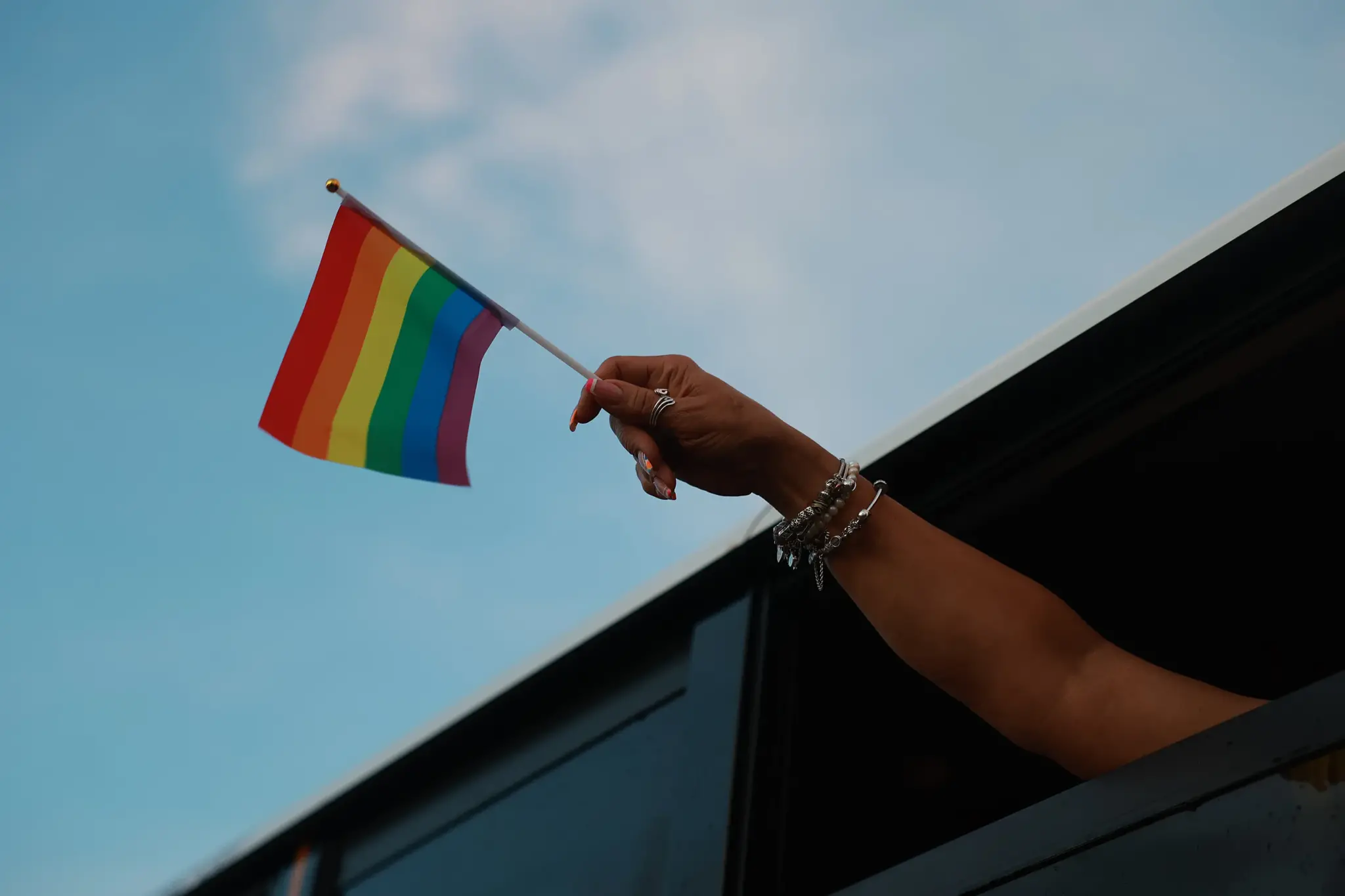Florida classrooms can discuss sexual orientation and gender after ‘Don’t Say Gay’ law challenged
Sign up for more LGBTQ+ news and updates at TrueQueer.
In a significant development for LGBTQ+ rights in Florida, students and teachers will now be able to openly discuss sexual orientation and gender identity in classrooms after the controversial “Don’t Say Gay” law was legally challenged. The Parental Rights in Education law, commonly known as the “Don’t Say Gay” law, had previously restricted discussions on LGBTQ+ topics in schools, causing outrage among LGBTQ+ and civil rights groups.
The law was expanded last year to include students up to the eighth grade, prohibiting classroom instruction on sexual orientation or gender identity for pre-kindergarten through third grade. For grades four to 12, such discussions were only allowed if required by state academic standards or part of optional sex education classes. The vague language of the law had created a chilling effect among teachers, who feared repercussions for even mentioning their own sexual orientation or displaying symbols of LGBTQ+ pride in their classrooms.
However, on March 11, a settlement between Florida education officials and civil rights attorneys challenged the law, clarifying that it does not ban discussions about LGBTQ+ people or prevent anti-bullying measures based on sexual orientation or gender identity. The settlement also affirmed the rights of Gay-Straight Alliance groups in schools and clarified that the law does not apply to library books that are not used for instructional purposes.
Furthermore, the settlement addressed concerns about books with incidental references to LGBTQ+ characters or same-sex couples, stating that such references do not constitute instruction on sexual orientation or gender identity. This clarification was a relief for many educators who had been uncertain about how to navigate the restrictions imposed by the law.
Prior to the legal challenge, LGBTQ+ and civil rights groups had criticized the “Don’t Say Gay” law as an attempt at government censorship and an assault on freedom. Equality Florida, a prominent LGBTQ+ rights group, described the expansion of the law as an “insatiable lust for government censorship” and condemned Governor Ron DeSantis for targeting LGBTQ+ Floridians.
The group accused the administration of escalating government censorship, driving educators away from the state, and stigmatizing LGBTQ+ youth who need support. They warned that the policy would further isolate LGBTQ+ communities and exacerbate the challenges faced by vulnerable young people.
The legal challenge to the “Don’t Say Gay” law marks a significant victory for LGBTQ+ rights in Florida and paves the way for more open discussions about sexual orientation and gender identity in schools. Educators and students can now feel more confident in addressing LGBTQ+ topics without fear of reprisal, allowing for a more inclusive and supportive learning environment for all.
Overall, the settlement represents a step forward in recognizing and respecting the rights of LGBTQ+ individuals in Florida and ensuring that they are not marginalized or silenced in educational settings. With this legal victory, the state has taken a positive step towards promoting diversity, inclusion, and acceptance for all members of the LGBTQ+ community.
Follow us on: Facebook for more LGBTQ+ news and updates at TrueQueer.
Florida
![]()

